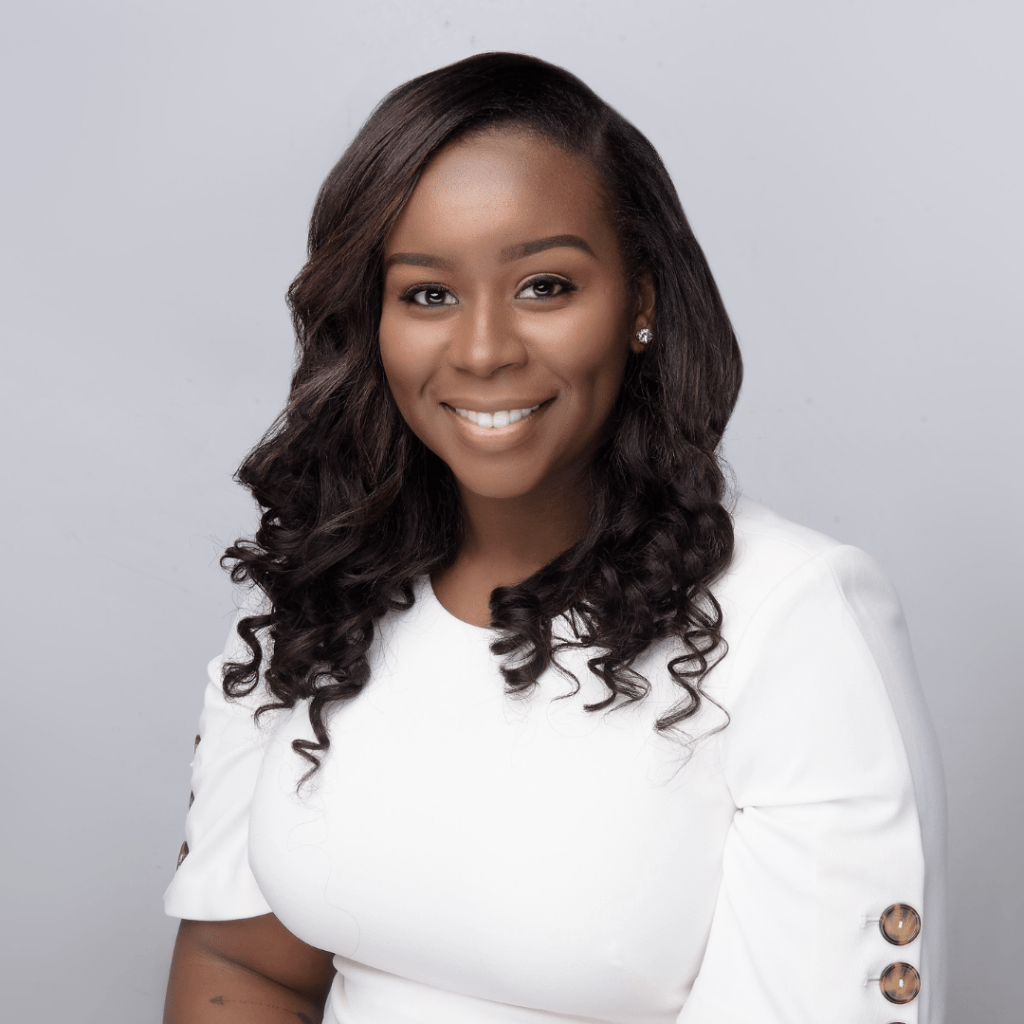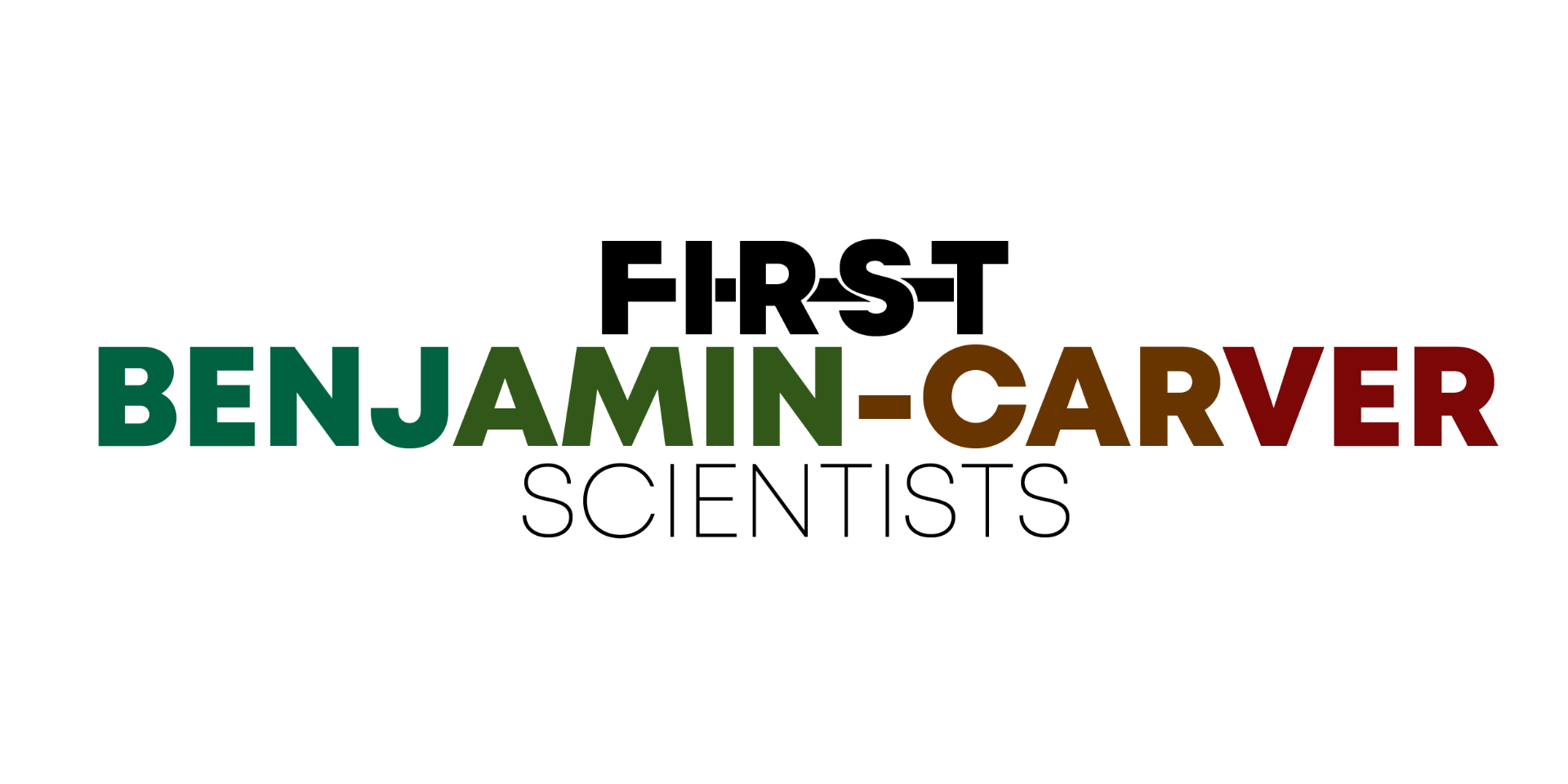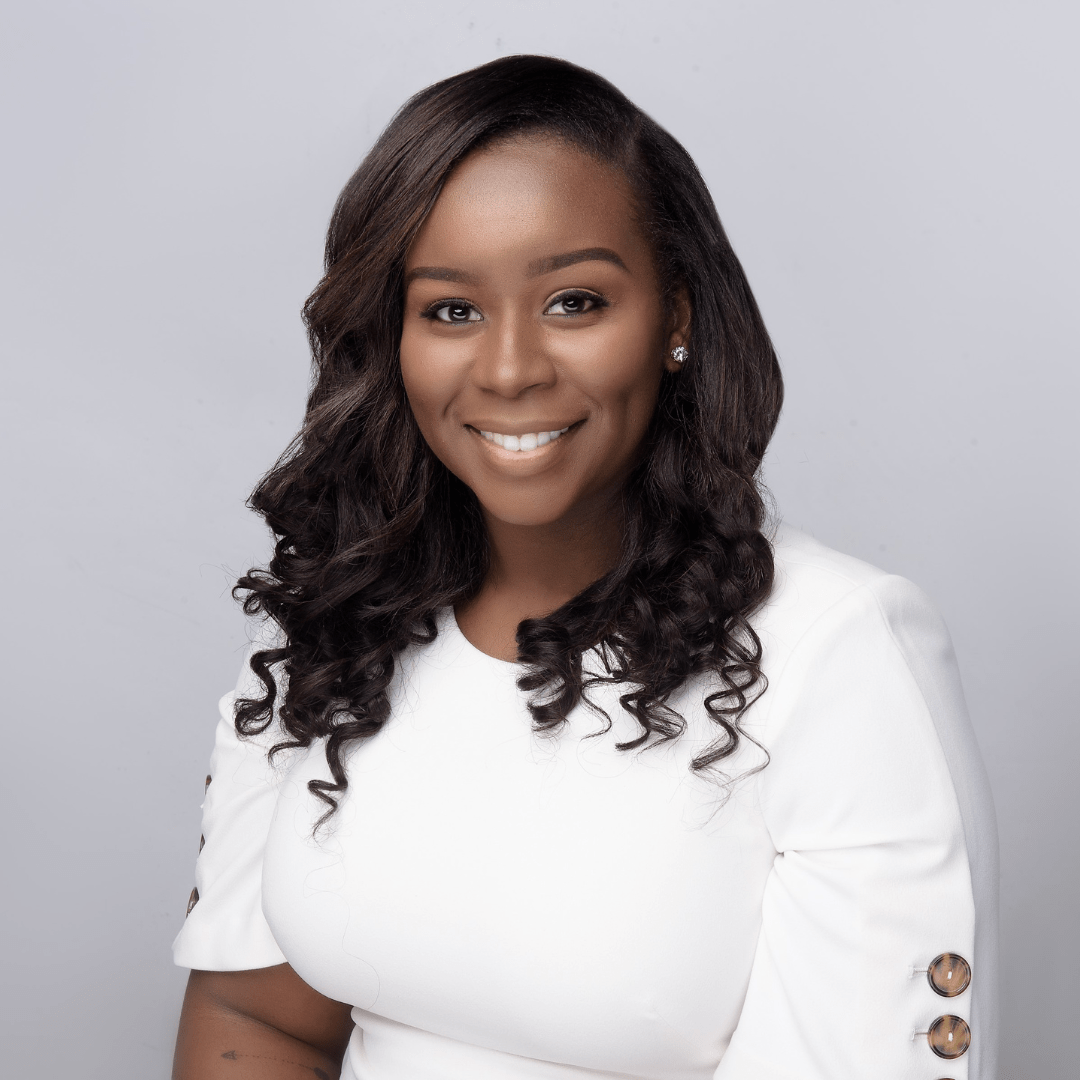Born and raised in Birmingham, Kristen Allen-Watts, Ph.D. began her academic career with a degree in Health Sciences from the University of Alabama (UA). Afterward, she attended the University of Alabama at Birmingham’s (UAB) School of Public Health to work toward her Master of Public Health (MPH) in Healthcare Organization Policy. Upon graduation, Allen-Watts worked as a program manager in the UAB School of Nursing. It was in this position that she established life-long friendships and mentors who would play a critical role in her career down the road.
In this series, we’re spotlighting each of the Benjamin-Carver Scientists—sharing their educational history and plans for future research.

About the FIRST Partnership
Since 2002, the UAB Minority Health & Health Equity Research Center has conducted studies on health disparities and healthy equity. Nowhere is the need for such research more evident than in Alabama and the Deep South. To continue health equity work, UAB and Tuskegee University recognize the importance of having representation from racial and ethnic minorities in the U.S., specifically African Americans who have higher instances of heart disease, stroke, diabetes, cancer, and overall a higher mortality rate.
To achieve a more diverse and representative workforce, longtime partners—UAB and Tuskegee University — received funding from the National Institutes of Health Common Fund to establish a community of scientists committed to inclusive excellence. Throughout 2023, the Benjamin-Carver FIRST program has been actively recruiting faculty and welcoming them into their respective peer cluster community.
Meet the Scientist
After a year in her position at the School of Nursing, Allen-Watts returned to UA for her doctorate in Health Education and Promotion. In 2018, having just graduated, gotten married, and purchased a home, she accepted a position as a post-doc at the Heersink School of Medicine’s Division of Gerontology, Geriatrics, and Palliative Care. While at UAB, Allen-Watts was admitted into the Graduate School’s MERIT (Mentored Experiences in Research, Instruction, and Teaching) Program.
Following her time in the MERIT program, Allen-Watts moved to Indiana University to begin her career in academia as an Assistant Professor. Wanting to firmly plant and accelerate her program of research in the Southeastern region of the U.S., an area laden with disproportionate rates of diabetes, stroke, heart disease, and other health related conditions, Allen-Watts knew this could only be realized by moving back home to Alabama. After connecting with her UAB mentors—Drs. Lisa Schwiebert, Andrea Cherrington, and Marie Bakitas—Allen-Watts applied for the Benjamin-Carver FIRST program. And in 2023, Allen-Watts became part of the first cohort of scientists signed to the program.
Building a Career in Cardiovascular Research as a FIRST scholar
“One of the things that intrigued me about the FIRST program is the idea of having early-career scientist cohorts—you’re part of a community, not just being thrown into the lion’s den by yourself,” explained Allen-Watts.
“And, what I learned about UAB the first time I was here is that everywhere you turn, someone is saying, ‘Here’s a resource for you.’ or ‘Have you looked at this opportunity?’ Everyone is down-to-earth, welcoming, and wants to help you succeed.”
Kristin allen-watts
For Allen-Watts, community is more than what she looks for in a job, it’s a core-value—one which can also be seen in her research. As a Benjamin-Carver scientist, Allen-Watts will continue her studies into how African Americans manage chronic, cardiometabolic multi-morbidity. Looking forward, Allen-Watts hopes to secure funding that allows her to study diabetes and chronic pain in the context of dementia.
“I want to understand how people who don’t have access to care or who mistrust doctors can be incented to take their medications and perform self-managed care,” said Allen-Watts. “I do all this through community engaged research. I love going out into the community, talking with people, and listening to their stories. I try to create and tailor interventions that capture what each community needs.”
“Being part of a program that is named after two individuals—each of whom are known for their expertise, humanitarianism, and innovation—is the perfect space to conduct my research. It reminds me of a quote I heard awhile back, ‘I am my ancestors’ wildest dream,’ [often credited to activist Brandan Odums] said Allen-Watts.
She finished, “Whether I want to or not, I’m standing on the shoulders of Regina Benjamin and George Washington Carver; and I have big shoes to fill. I am eager to make a difference and improve health outcomes .”


